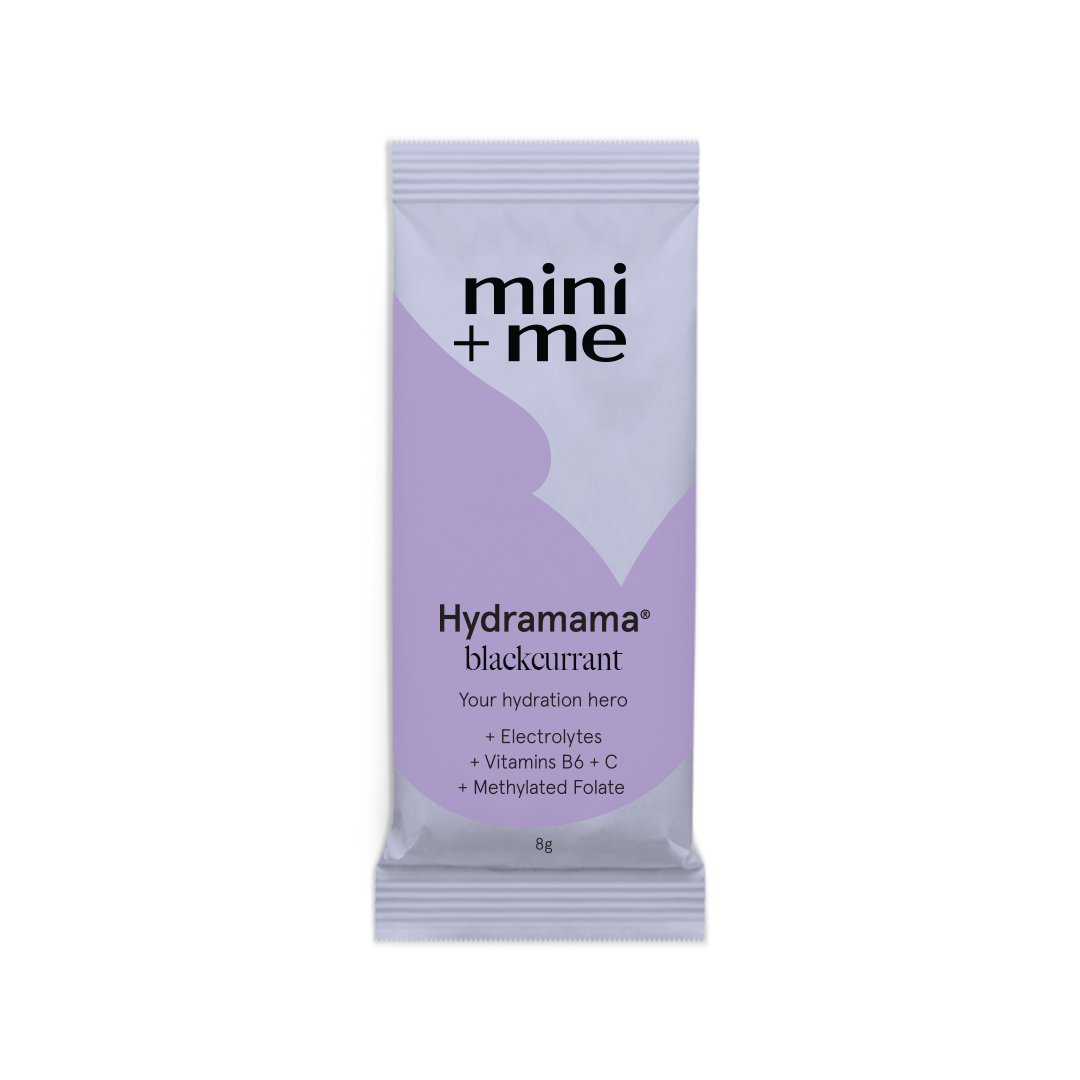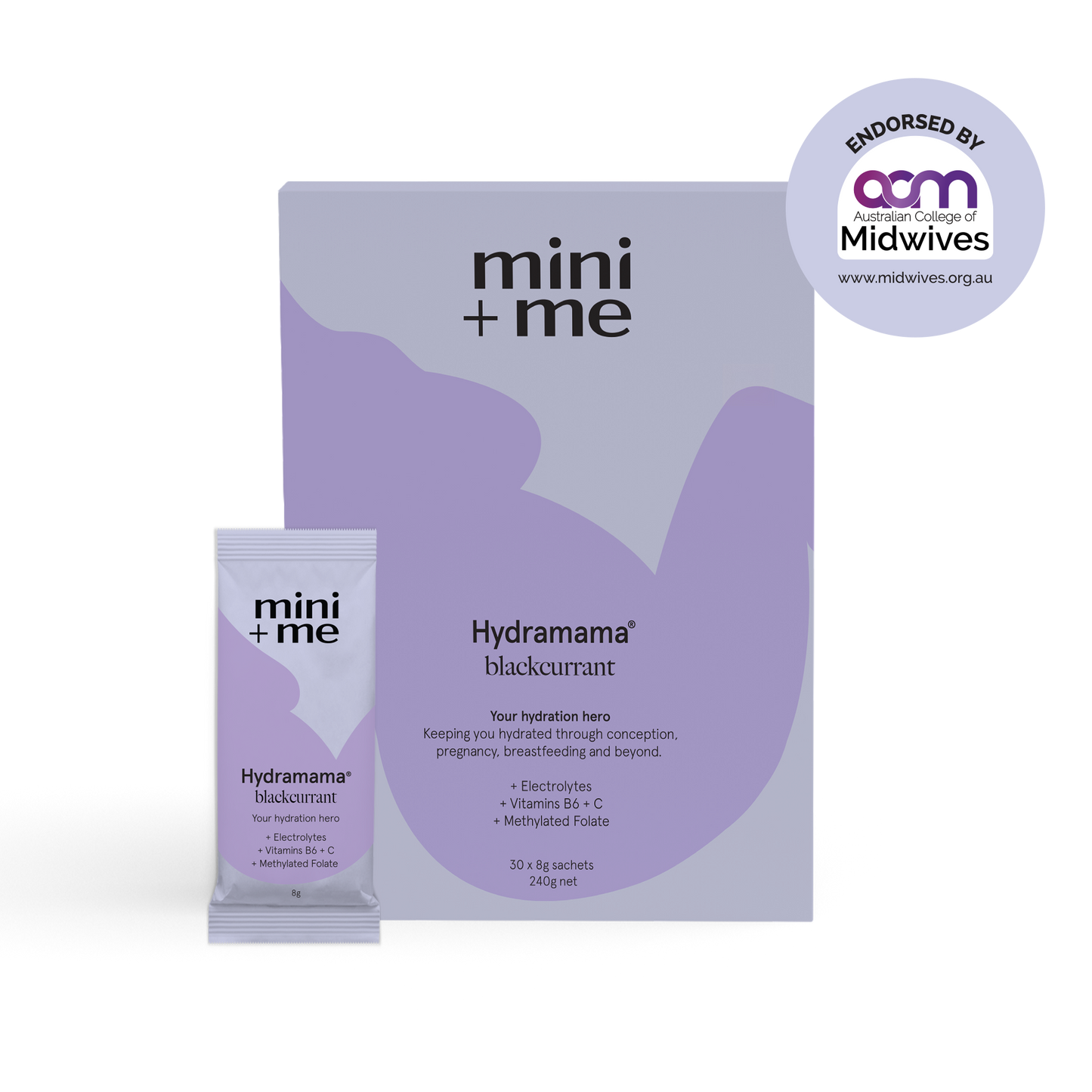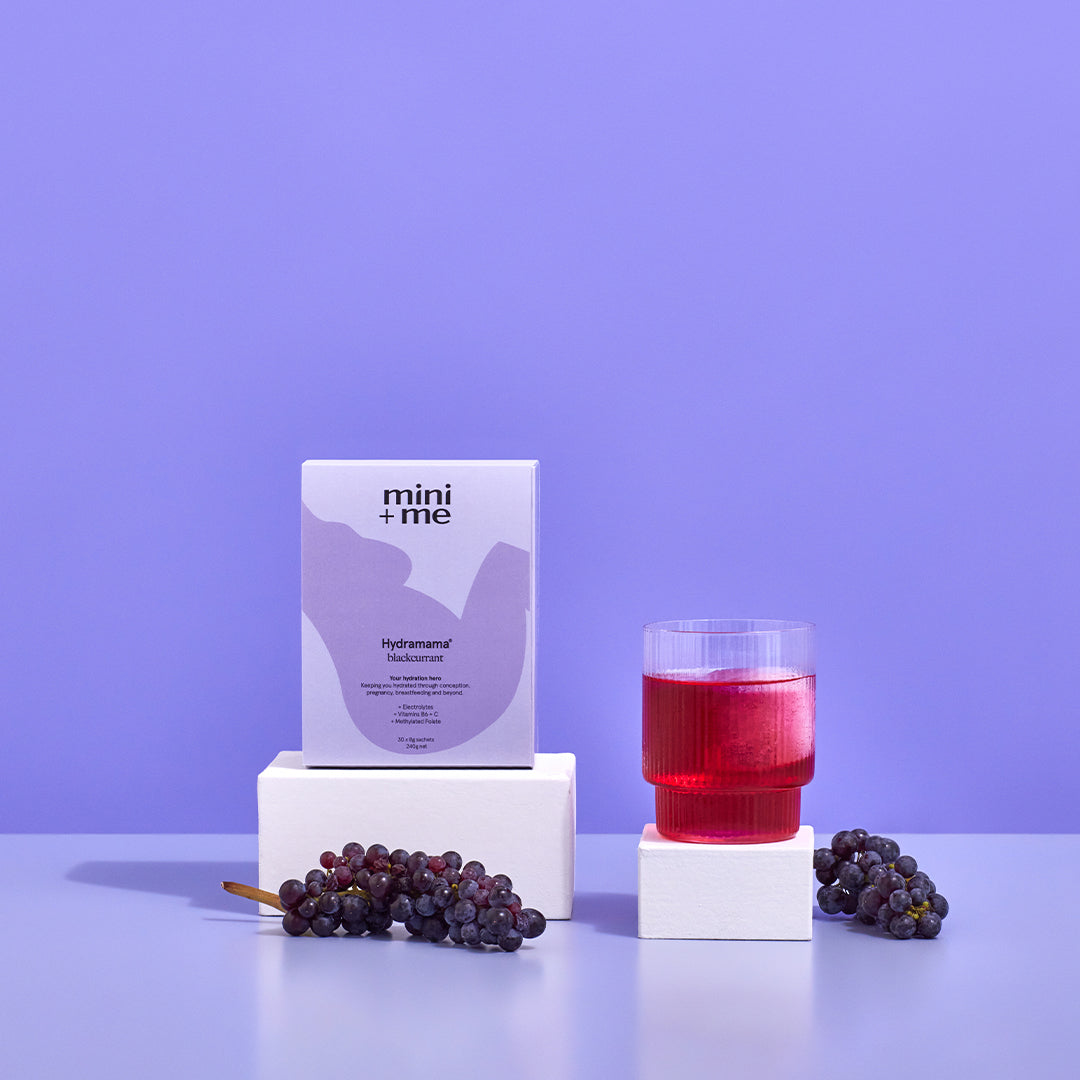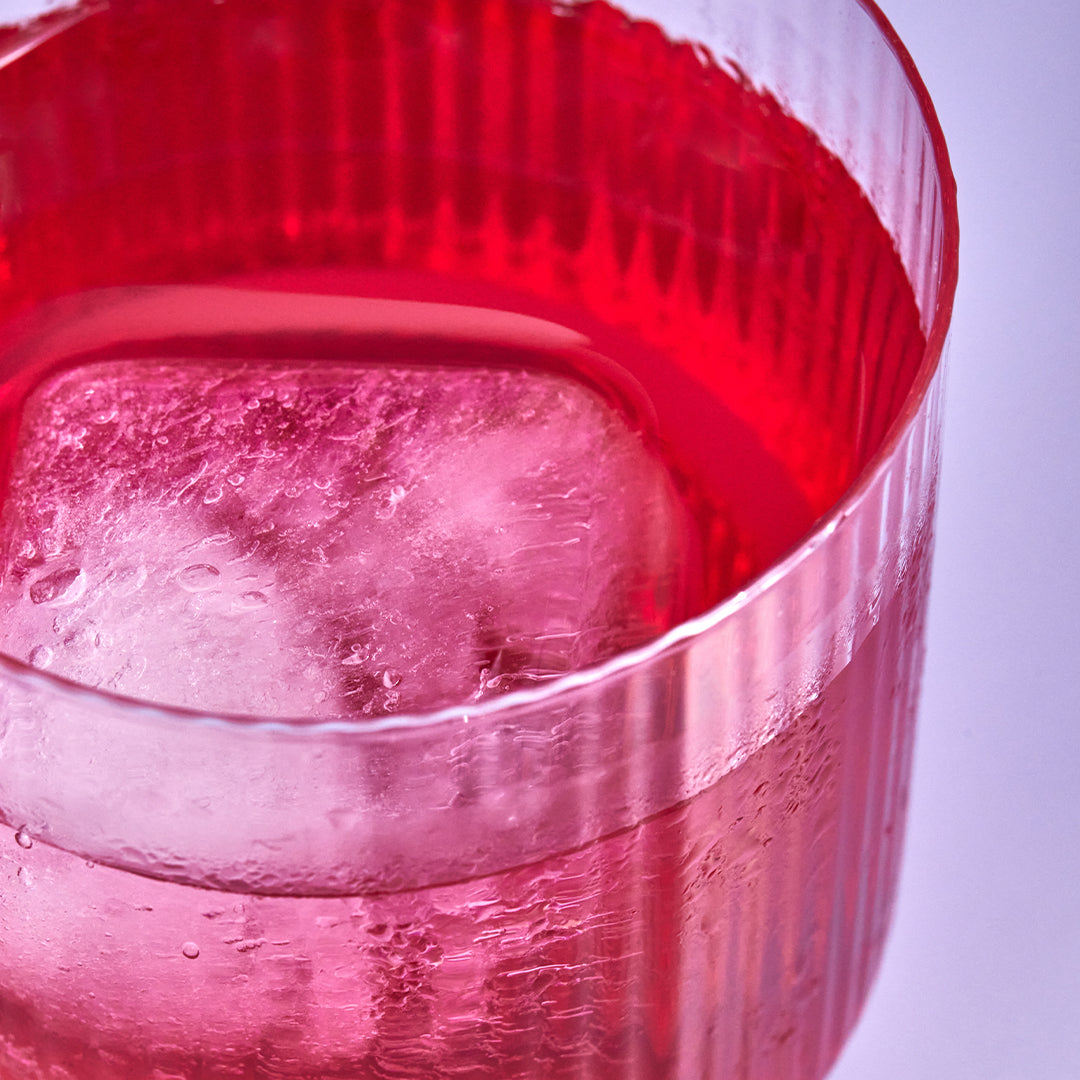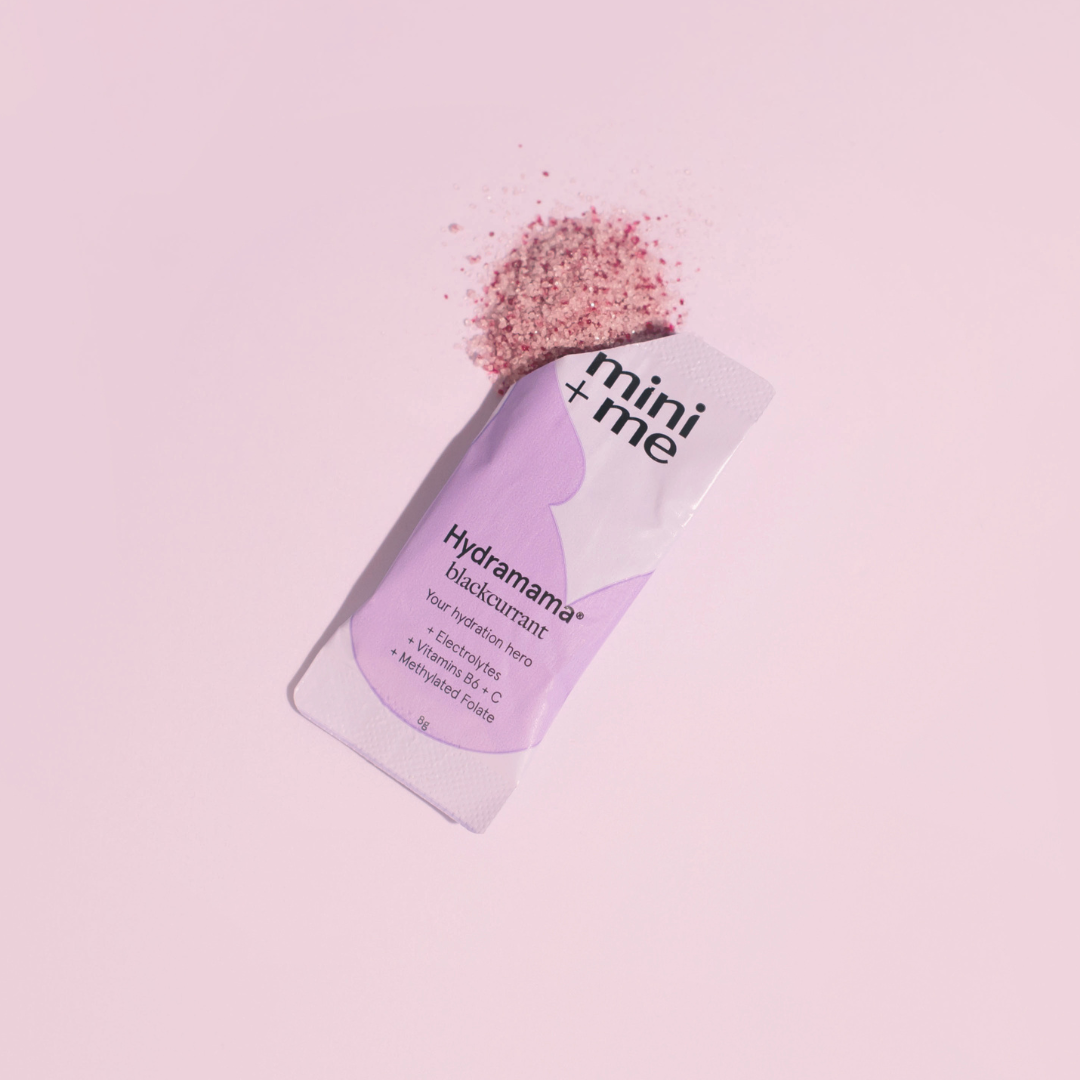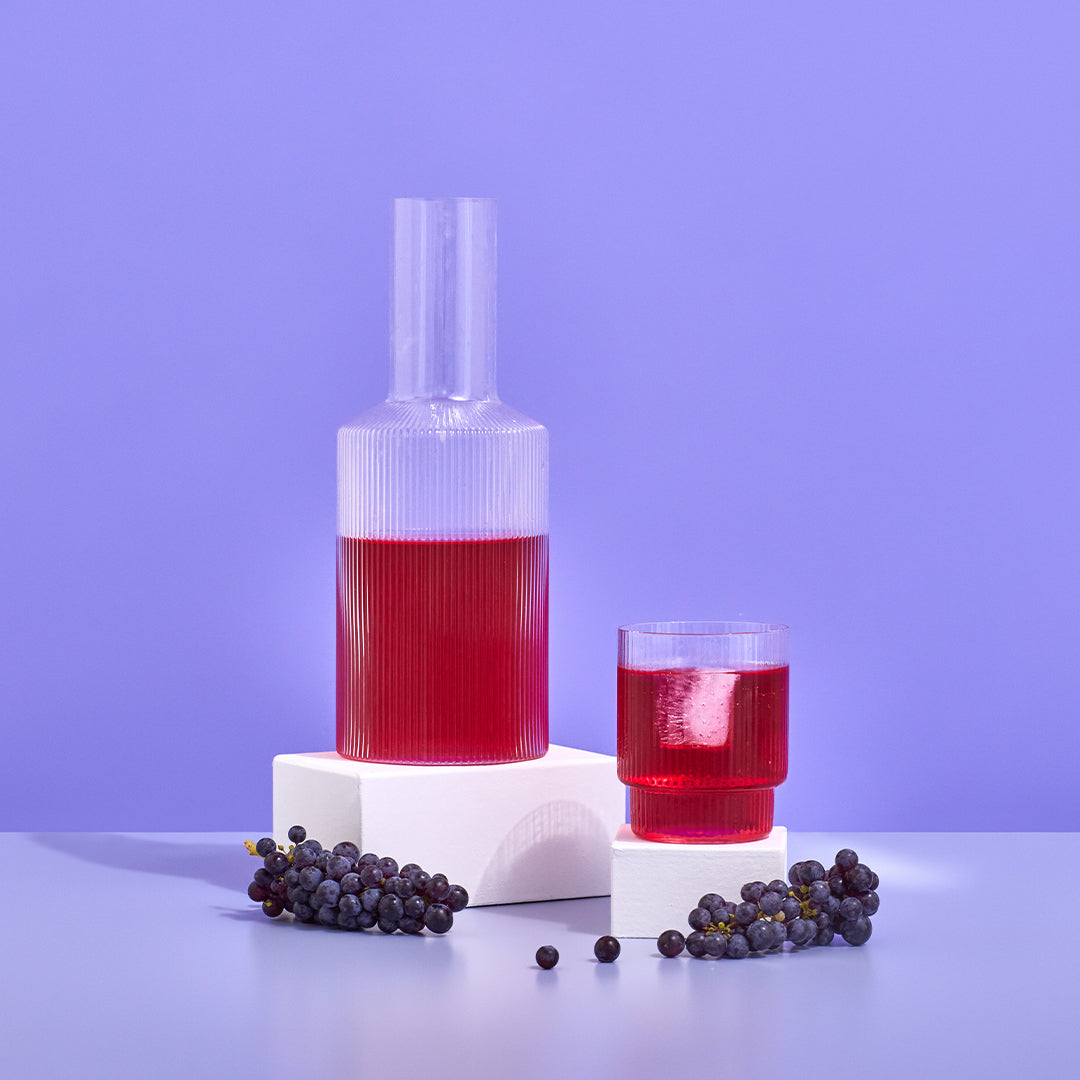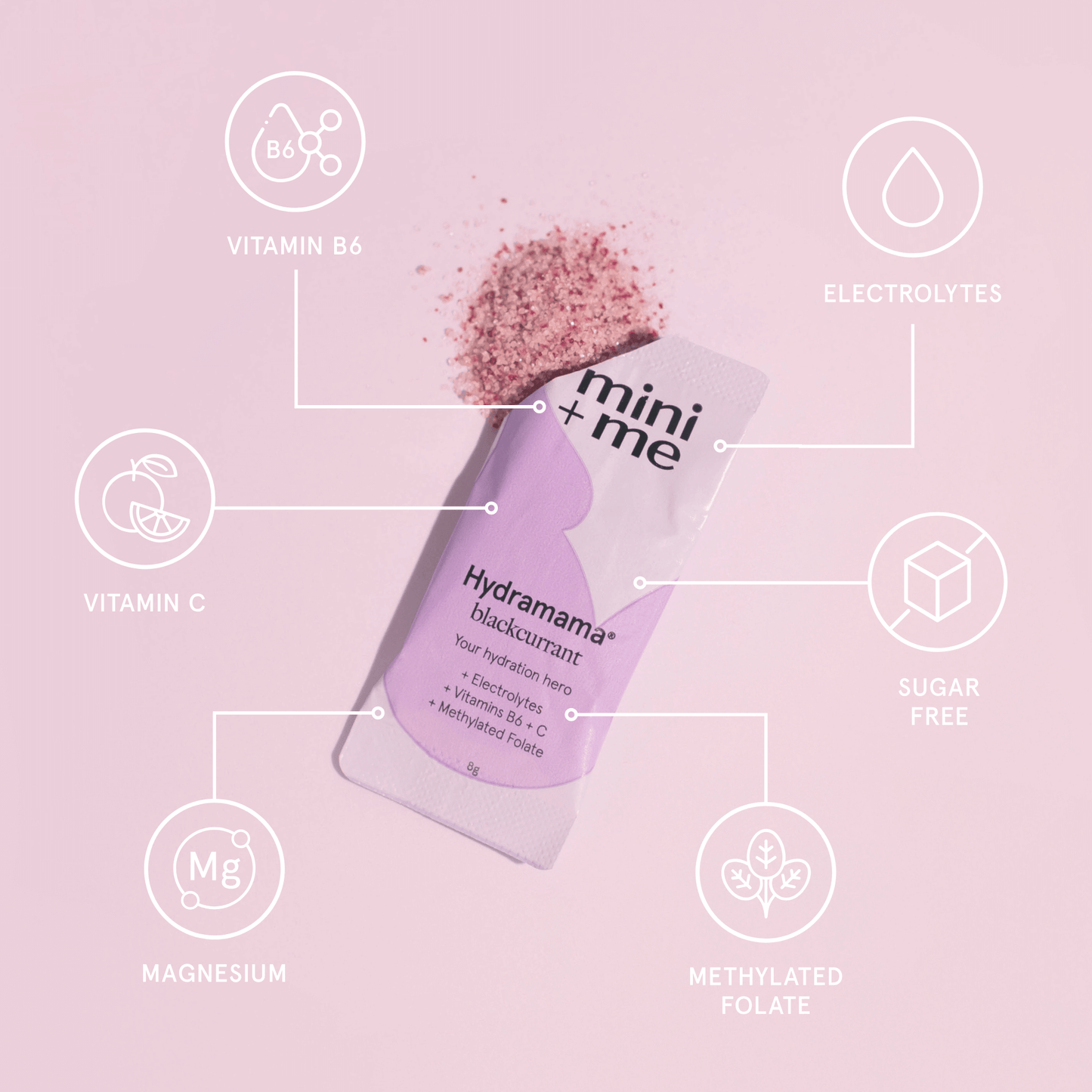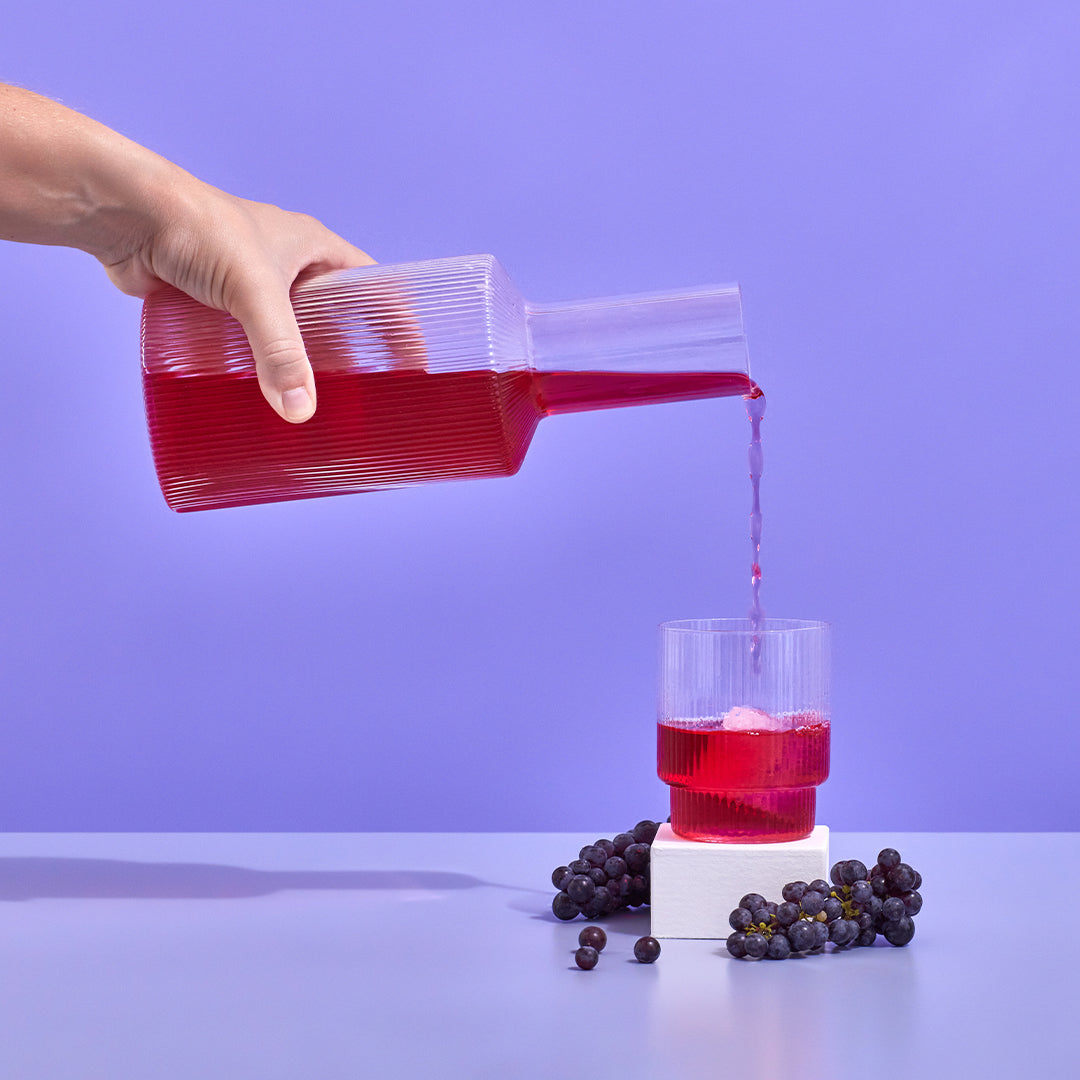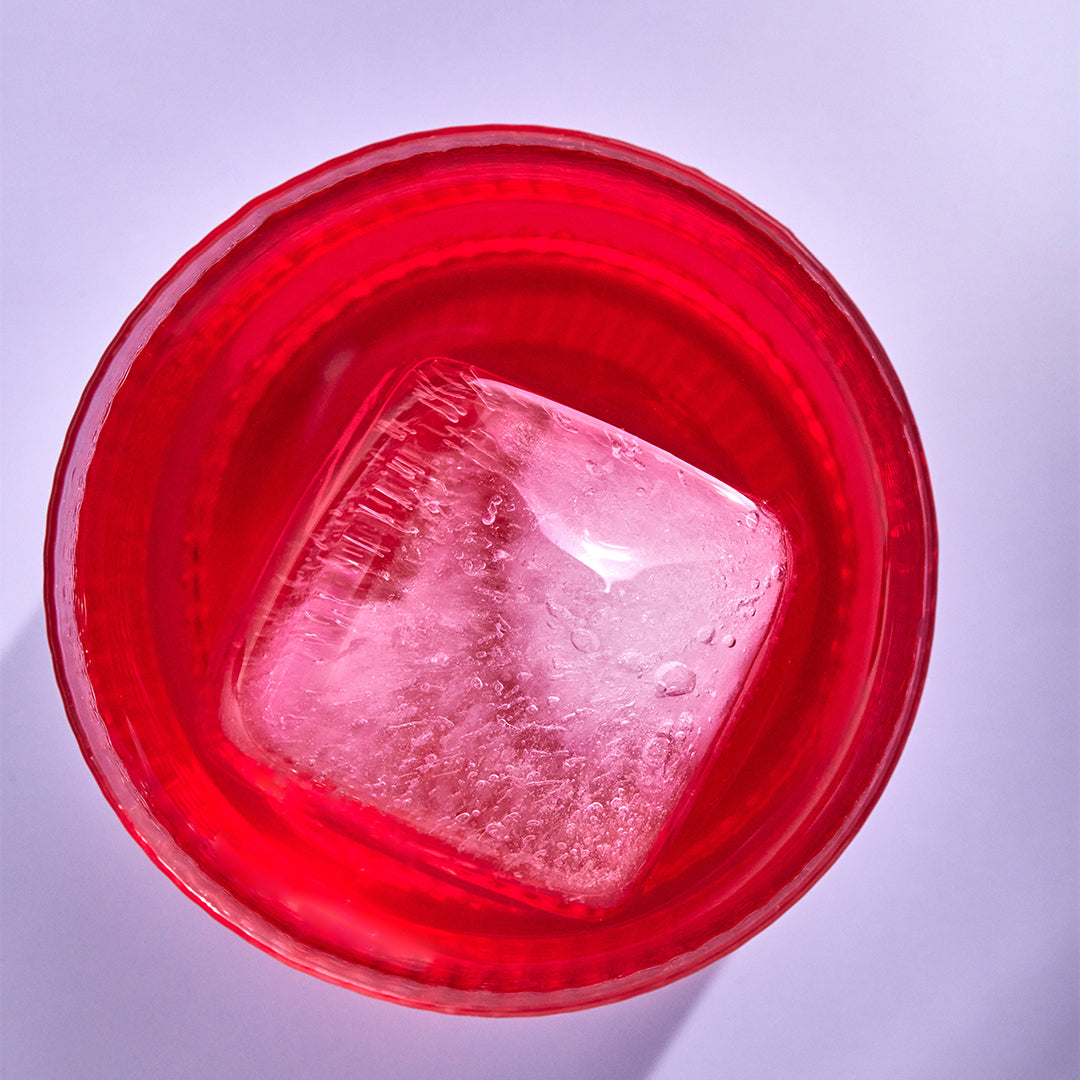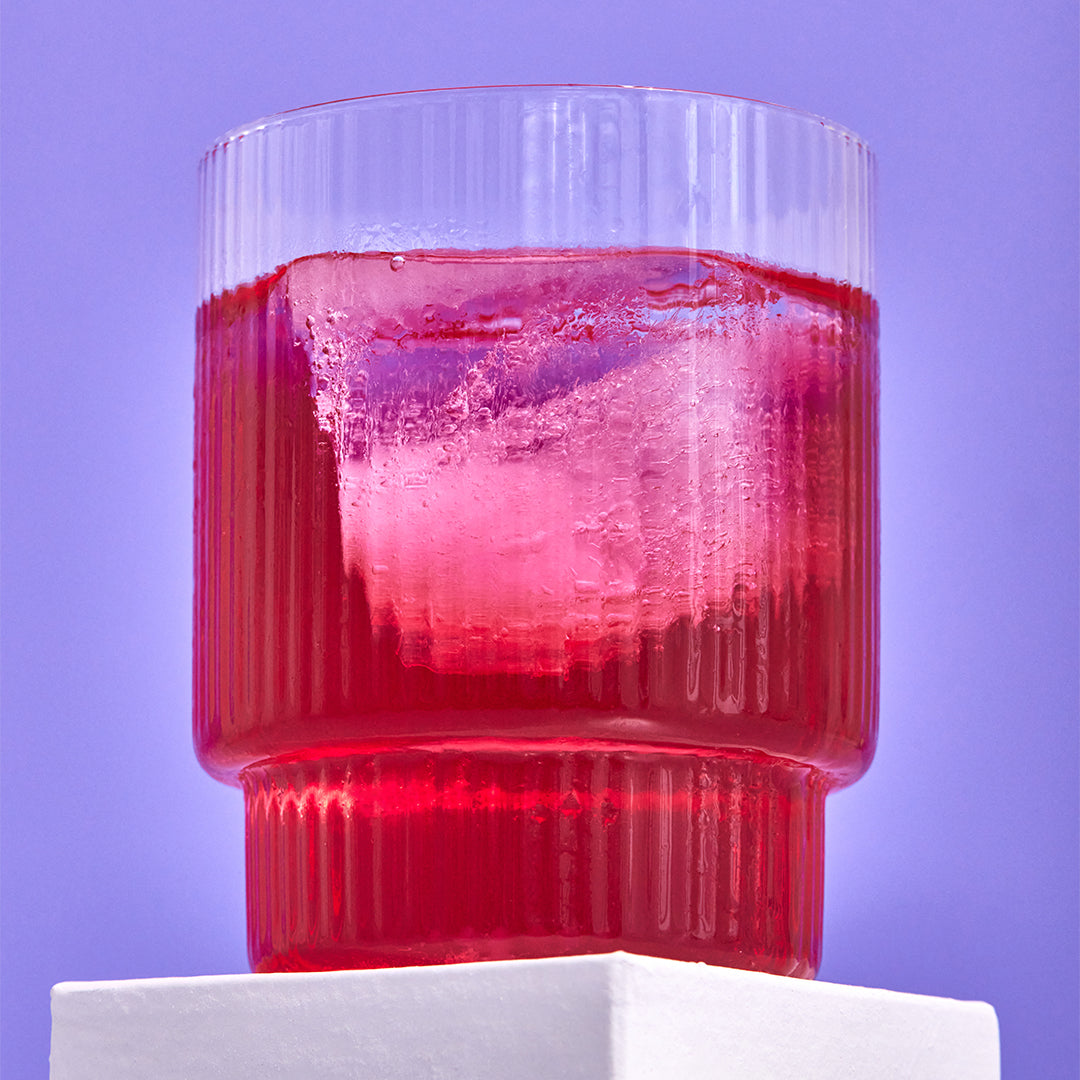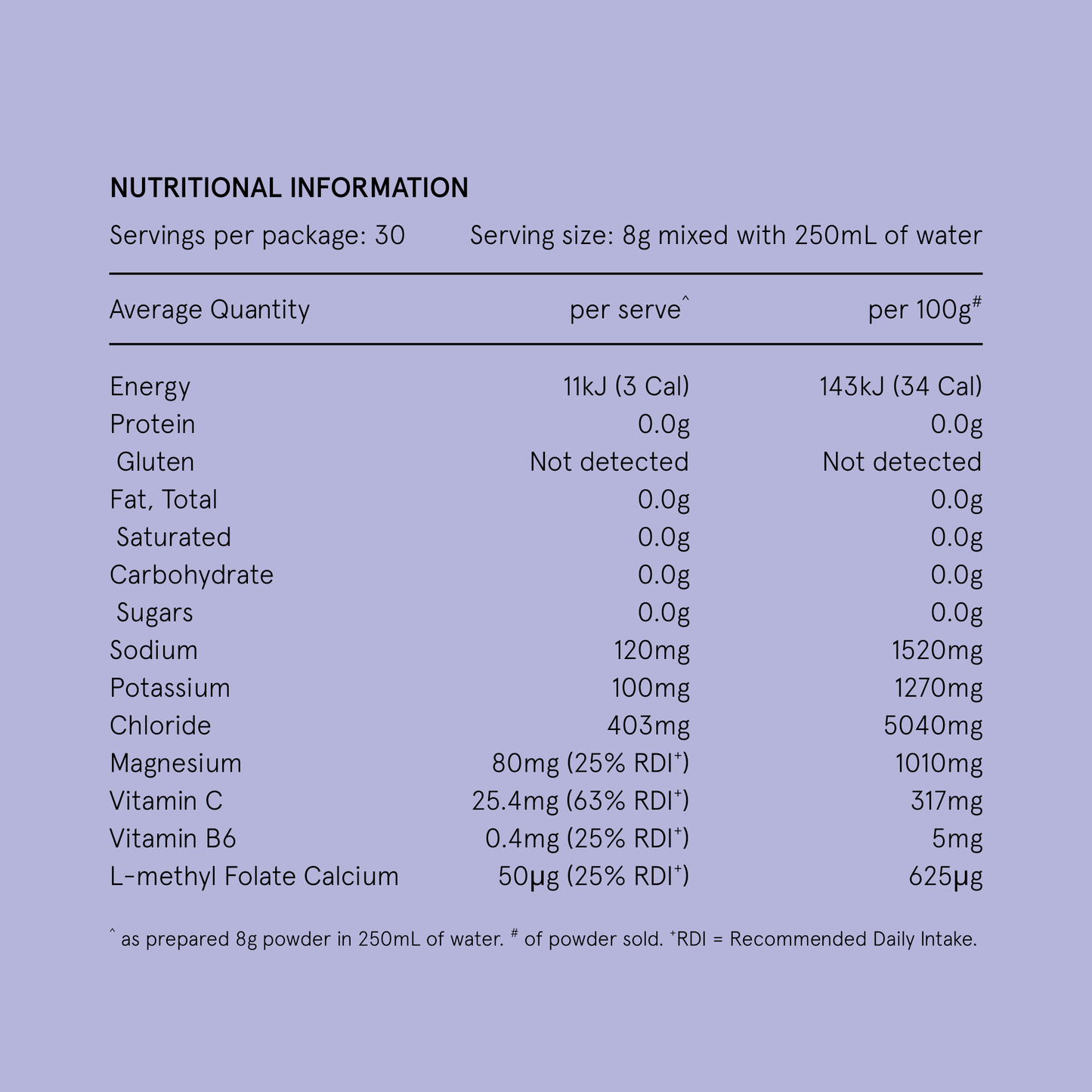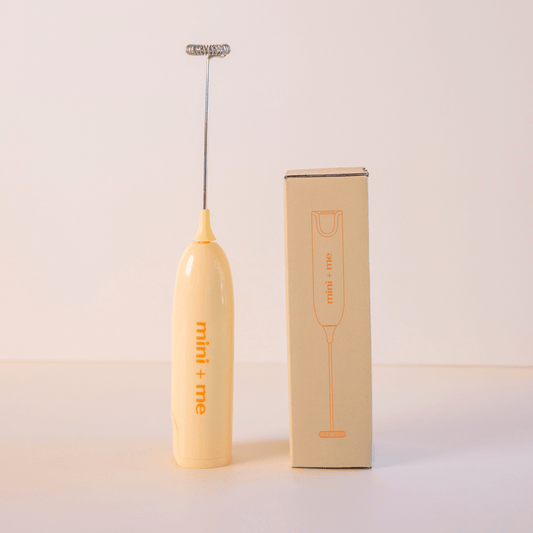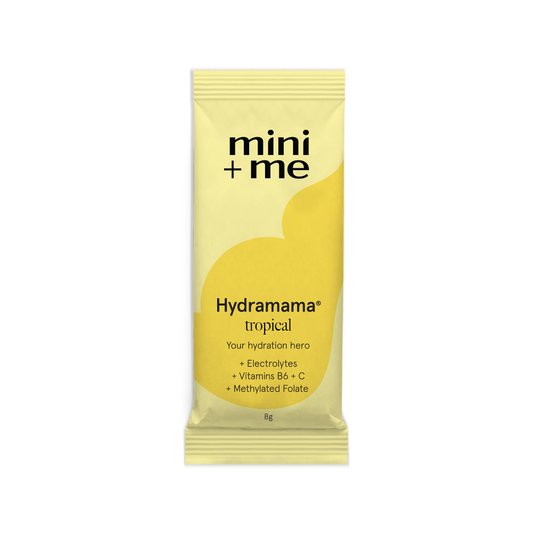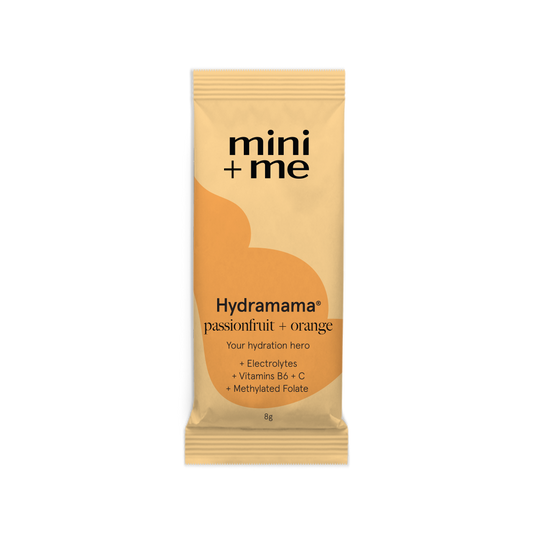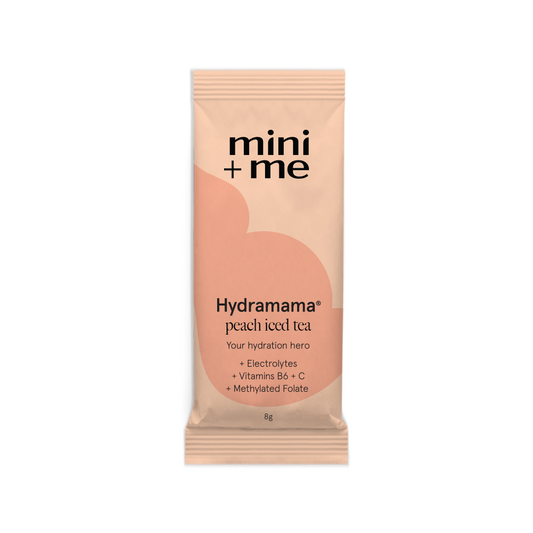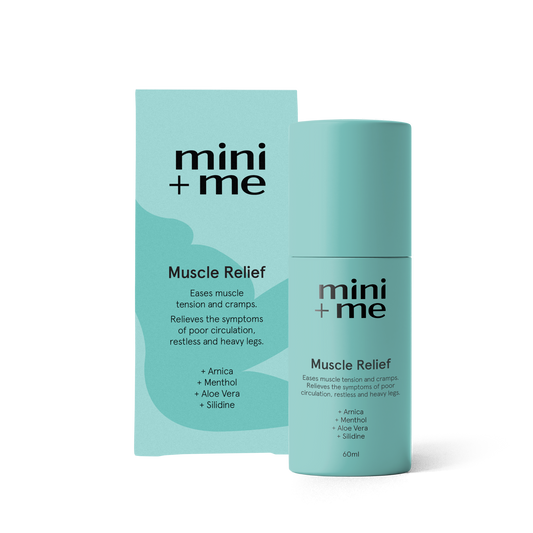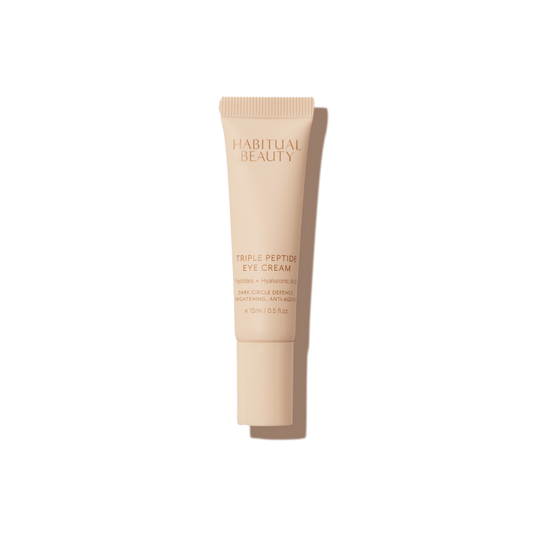Hydramama® Blackcurrant
Endorsed by the Australian College of Midwives, this liquid aid will help ease all those “head in a bowl” moments during pregnancy aka nausea, sickness, headaches and extreme dehydration. During labour, our drink works beautifully as an alternative to promote energy and after birth, acts as a tasty beverage to keep the milky goodness flowing. These easy-to-digest, quenching and sugar-free drinks will help to fill your cup (literally).
🥇 CLEAN + CONSCIOUS AWARDS 2024: Gold in the "Best Women's Health Product" category.
🥇 BOUNTY BABY AWARDS 2025: Gold Medal in "Best Product or Service for Mum" category.
🥈 BOUNTY BABY AWARDS 2025: Silver Medal in "Best Vitamin or Supplement for Mum" category.
🥈 BOUNTY BABY AWARDS 2024: Silver Medal in "Best Vitamin or Supplement for Mum" category.
🥉 BOUNTY BABY AWARDS 2024" Bronze Medal in "Best Product or Service for Mum" category.
Hydration, Simplified – A great-tasting, sugar-free way to stay refreshed throughout the day.
Electrolytes & Essential Nutrients – Formulated with magnesium, sodium, potassium, vitamin B6, vitamin C, and methylated folate to support hydration.
Methylated Folate & Vitamin B6 – Contains a bioavailable source of folate and B6, nutrients involved in normal energy metabolism and general wellness.
Great-Tasting – A delicious and convenient way to help meet your hydration needs.
Proudly Endorsed by the Australian College of Midwives – Supporting hydration at every stage, from pregnancy to postpartum and beyond.
Electrolytes contribute to normal fluid balance in the body. Studies suggest that maintaining adequate electrolyte intake supports hydration, particularly in times of increased fluid loss, such as exercise, warm weather, and daily activity.
Vitamin C plays a role in supporting immune function and collagen formation. Scientific research indicates that vitamin C contributes to iron absorption and overall wellbeing. We’ve selected a fruit-based source for its bioavailability.
Vitamin B6 is involved in normal energy metabolism and plays a role in protein, fat, and carbohydrate processing. Research suggests that maintaining adequate B6 levels supports general wellbeing. As a water-soluble vitamin, it is readily absorbed by the body.
A bioavailable form of folate that can be efficiently absorbed by the body.
*Please note: Hydramama is designed to complement a balanced diet and is not intended as a replacement for prenatal vitamins.
Formulated beverage when made up as per instruction. This product should be consumed alongside a nutritious diet. Store below 25°C in a cool dry place, away from direct sunlight.
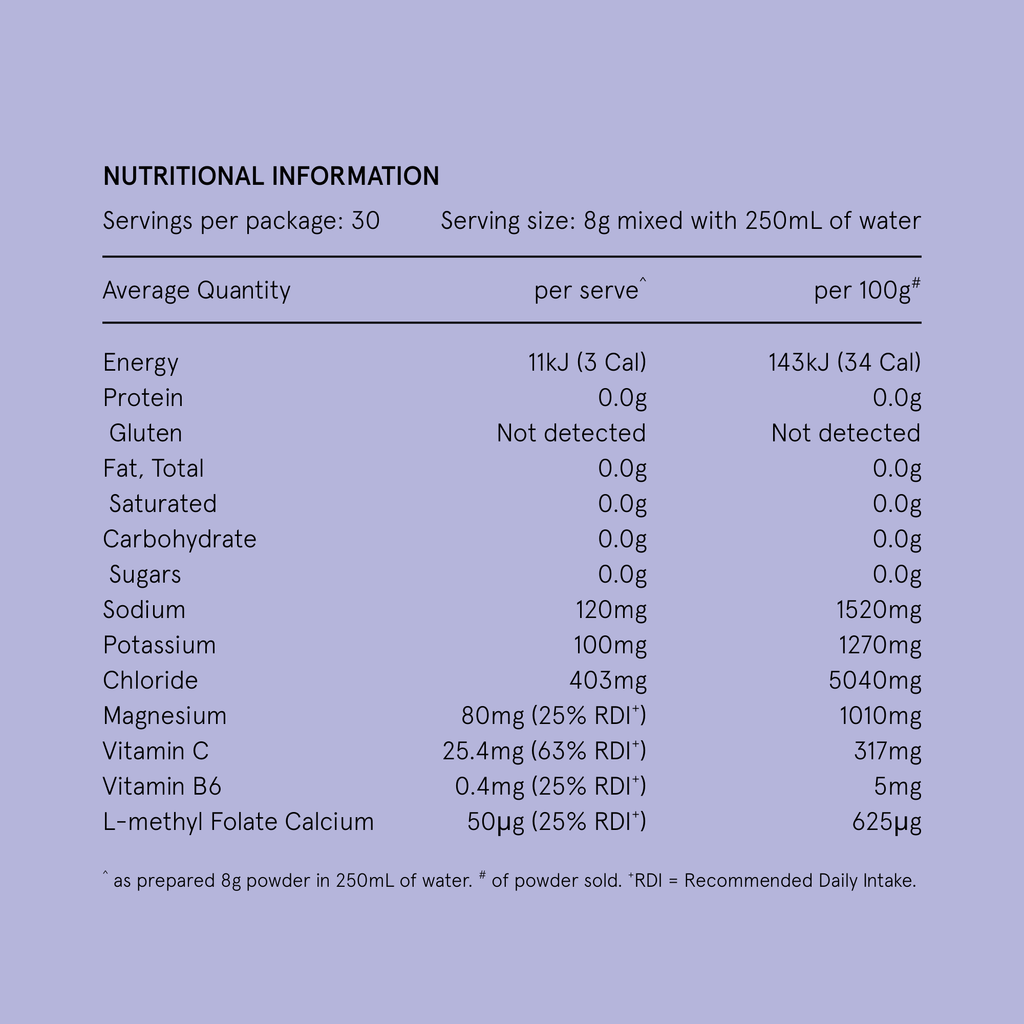
Always consult your healthcare professional before consuming any dietary supplement, especially during pregnancy, postpartum, or if you have underlying health conditions.
This product should not be used as a sole source of nutrition and should be consumed in conjunction with a varied diet and active lifestyle
Hydramama in Action
Frequently Asked Questions
Our team is made up of parents living off caffeine and sleep deprived nights and weekends chasing our toddlers and kids, but we've still managed to answer all your questions below.
Don't hesitate to reach out if you need any extra help!
Our body is made up of 60% water in healthy adults. It is often overlooked as an essential nutrient that affects the body’s performance, both mentally and physically.
Proper hydration helps to regulate body temperature, aids in digestion, the absorption of nutrients, transports nutrients and oxygen to cells, acts as a solvent for vitamins, minerals and amino acids and so much more!!
Did you know that when adequately hydrated your body is able to absorb nutrients, vitamins and minerals more efficiently?
Did you know that roughly 75% of the world’s population are chronically dehydrated?
Hydration is important for pregnant women because it can help to replenish the fluids and electrolytes that are lost during strenuous labour, exercise, pregnancy, lactation, and heat stress can induce excessive water loss. A woman’s body is working hard to support the growth and development of the bub when pregnant!
Our Hydramama contains an advanced formulation of electrolyte blend which contains essential electrolytes like sodium, potassium, magnesium and chloride which studies have shown can help regulate fluid balance, nerve and muscle function and blood pressure. These electrolytes are especially important during pregnancy when the body’s demand for them is increased.
Adequate hydration is essential during pregnancy to help with the development of the bub. Water is essential for transporting nutrients to bub and helping maintain amniotic fluid levels. Pregnant and breastfeeding women should be encouraged to increase their intake of water and other fluids to meet their bodies' needs. It is recommended that if you’re pregnant you consume roughly 3L of water per day. As a pregnant womans heart and metabolism goes up by roughly 50%, making the recommended daily fluid intake to be increased by an extra litre of water a day.
Other benefits of hydration while pregnant may be:
- May help to alleviate constipation. Pregnant women are prone to constipation due to hormonal changes and added pressure on their digestive system from their growing uterus. Drinking enough water may help to soften stools and may help to prevent constipation.
- May reduce UTI’s. Pregnant women may be at a higher risk of UTI’s. Drinking enough fluid may help to flush out any bacteria and keep the urinary tract healthy.
- May help to regulate body temperature. Pregnant women are more susceptible to overheating, especially during hot weather or physical activity.
- May assist with reduction/prevention of headaches. Headaches are a common sign of dehydration.
Please note: it is important to consult with your health care provider for individualised recommendations when it comes to your specific concerns and needs during pregnancy.
Did you know breast milk is made up of roughly 87% water?
Hydration and electrolyte drinks are important when breastfeeding because they can help to ensure that your body has the necessary fluids and minerals to help produce that milky goodness.
Breastfeeding can be an exhausting and demanding process so your body requires more fluid to help keep up with the demands of milk production. So in your postpartum period, more than ever, it is important to nourish mama and bub!
Breastfeeding women have an additional water loss of roughly 700ml/day at 8 weeks postpartum
Hydramama is the perfect hospital bag addition and should be on every parents hospital bag check list!
During birth and labour, the body can go through intense (an understatement!) physical activity, which means it is essential to stay hydrated and maintain your electrolyte balance.
We feel you! Our team is made up of mamas living off caffeine and sleep deprived nights and weekends chasing our toddlers. We love to have Hydramama daily to help boost our hydration intake, by incorporating the delicious flavours into our water bottles, we find that we drink more than normal. By having our sachets in our handbags and at our desk we are reminded to increase our water intake, because let’s face it, with todays mental load, we think about everyone else and then ourselves!
Proper hydration helps to regulate body temperature, aids in digestion, the absorption of nutrients, transports nutrients and oxygen to cells, acts as a solvent for vitamins, minerals and amino acids and so much more!!
Hydration and electrolyte drinks are crucial when trying to conceive or going through IVF/Fertility treatment for a number of reasons!!
Our founder Keira had gone through years of infertility and multiple pregnancy losses until she conceived her two IVF miracle babies. She knows all too well the struggles and mental challenges of pregnancy loss, trying to conceive and IVF /Fertility treatment can put on a person's body.
Proper hydration can be shown to support reproductive health. Staying well-hydrated can assist to ensure that the cervical mucus is in the best condition for sperm to travel through to the egg. Studies have also shown that adequate hydration can possibly improve blood flow to reproductive organs.
IVF / Fertility medication can cause dehydration, and regular hydration is important while going through treatment.
An isotonic drink aims to restore fluid and electrolyte homeostasis. It is often consumed during sports events (or in this case, when trying to conceive, pregnant, breastfeeding or feeling dehydrated, where a large amount of water and electrolytes are lost or needed.
We specifically formulated Hydramama to be an isotonic drink to ensure a quick replenishment of hydration and electrolytes is achieved.
There is no real limit on how many hydramamas can be consumed per day. We recommend anywhere from 1-4 sachets depending on the level of dehydration, vomiting and other needs you may have.
If you are experiencing extreme vomiting / HG please consult your doctor to ensure you are adequately hydrated, in many extreme cases, IV fluids are essential and vital to help support mum and bub.
Our Hydramama was formulated to be a fast acting electrolyte drink with added vitamins and minerals such as B6. The inclusion of Vitamin B6 also known as pyridoxine, has been shown to reduce nausea and vomiting, however this can vary from person to person.
Electrolytes such as sodium, potassium, chloride and magnesium are essential for proper bodily function, including nerve and muscle function, maintaining fluid balance, regulating blood pressure and so much more. The functions may be diminished if you are vomiting frequently, and you may become quickly dehydrated.
Our Apple Ginger flavour has included ginger as studies have shown that ginger can be an effective natural remedy for morning sickness.
It is important to keep electrolytes up if you are suffering from hyperemesis gravidarum (HG) in pregnancy as this condition is characterised by severe nausea and vomiting that can lead to dehydration and electrolyte imbalances. HG is more than just morning sickness, and can be very serious if left untreated.
Electrolytes such as sodium, potassium, chloride and magnesium are essential for proper bodily function, including nerve and muscle function, maintaining fluid balance, regulating blood pressure and so much more. When a person with HG experiences frequent vomiting they can quickly become dehydrated and lose important electrolytes.
We have also included Methyl-Folate, Vitamin B6 and Vitamin C in our formulation for a number of reasons. Firstly, we must stress that Hydramama is not designed to replace your prenatal vitamin/folic acid. We have included these vitamins to support your vitamin intake, in particular if you are experiencing extreme vomiting. Vitamin B6 has been shown to potentially help to alleviate symptoms of vomiting. It is important to note that the effectiveness of these drinks will vary from person to person, and to always consult your health care team.
Hydramama was created by our founder Keira who has experienced two HG pregnancies. The aim was for her to create something that was tasty, that was well and truly puke tested. Hydramama was used for her treatment plan, amongst medication and regular IV fluids for her second pregnancy. If you are suffering from HG, please reach out to Hyperemesis Australia for support and ensure you are being supported by your medical team and getting the right level of care you require.
Yes! Absolutely. Hydramama has gone through adequate puke tests by our founder and other pregnant women.
Hydramama uses bioavailable water soluble forms of vitamins, to help you get the best level of absorption. Adequate hydration is necessary for optimal absorption for water soluble vitamins.
Folate/Folic Acid is a hot topic in the fertility and pregnancy world. 1 in 3 people have trouble absorbing folic acid, this is because of a genetic mutation called MTFHR, which our Founder Keira has. This is why we have used Methyl Folate Calcium, this is the exact same folate that you can find naturally in your body, which is readily absorbed for everyone.
Hydramama has been formulated to support your prenatal vitamin, however is not intended to replace it. The inclusion of Methyl Folate Calcium is there to support your folic acid/folate intake, which can be significantly depleted if you are experiencing morning sickness, HG or vomiting, however not intended to replace whatsoever.
Vitamin B6 is often prescribed for the treatment of nausea and vomiting of pregnancy, and studies have shown that B6 is vital for your baby’s development.
Did you know your body cannot produce Vitamin B6? That is why our Hydramama formulation uses a water soluble form of Vitamin B6, Pyridoxine Hydrochloride.
Vitamin C is a vitamin you need every single day, especially in pregnancy and postpartum period. The human body can’t store Vitamin C so you need a daily dose to help keep your levels adequate. Vitamin C is vital for both mama and bub during pregnancy and for postpartum recovery. We use a fruit based l- ascorbic acid, which is a natural water soluble form of Vitamin C.
Yes! You can order our sample pack here.
Take one sachet, pour yourself a glass of water or fill your water bottle up with approx 400mls+ of water. We love adding ice to our Hydramama!
You can mix with Sparkling Water, however please ensure you mix this slowly to avoid it not overflowing and fizzing up. We recommend putting sachet into glass then pouring sparkling water slowly.
Erythritol is a natural sugar substitute that is commonly found in foods and beverages and is found naturally in a variety of fruits, vegetables and fermented foods. We have used this in our formulation for a number of reasons such as; it being a low sugar alternative, having no aftertaste (which is important if you have food aversions!), has a low glycemic index and generally has a good digestive tolerance which doesn’t cause bloating or gastrointestinal discomfort that other sugar substitutes can have.
Hydramama is 100% vegan-friendly. It’s formulated without any animal-derived ingredients and is completely plant-based. That means no hidden nasties, no animal by-products, and no compromises.




